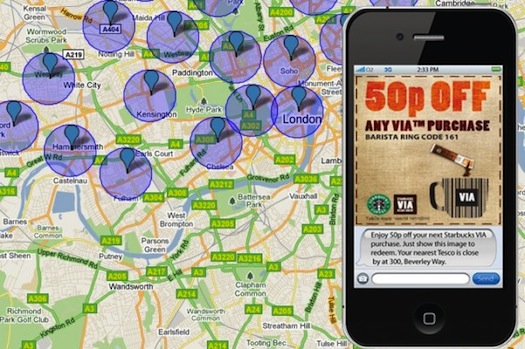By Bill Fukui
 Facebook’s user-privacy scandal continues to have an impact on major data- marketing services. In response, Facebook announced in May it would roll out the ability for users to “clear history.” This will significantly impact Facebook advertisers’ ability to micro-target ads to the most relevant audience, based on data Facebook has collected about its users.
Facebook’s user-privacy scandal continues to have an impact on major data- marketing services. In response, Facebook announced in May it would roll out the ability for users to “clear history.” This will significantly impact Facebook advertisers’ ability to micro-target ads to the most relevant audience, based on data Facebook has collected about its users.
Although the Clear History option has not been released yet, the potential outcome is a concern for many paid advertising agencies and their clients.
There’s no question that users who choose to clear their history from Facebook, and other major data marketing sources, will be more difficult for marketers to accurately target. From the user’s standpoint, they likely will receive less relevant adsand remove themselves from your retargeting pixel. As a result, location-based advertising will likely play a larger role in targeting quality traffic.
About Location-based Advertising—Geos!
Many businesses are familiarizing themselves with location marketing strategies like geo-targeting and geo-fencing, which largely have been tied to strategic mobile-based marketing and advertising. According to research firm BIA/Kelsey, it’s anticipated that U.S. marketers will spend $20.6 billion in 2018 on mobile marketing and advertising. But all geo-based campaigns are not the same.
Geo Fencing vs. Geo Targeting
Geo-fencing campaigns are display advertisements that utilize GPS or Internet Protocol (IP) address (your virtual address) to create a virtual barrier around a highly specific location. This hyper-local marketing can even hone in down to a specific building or event and usually is associated with paid ads on display networks, like Google, Bing and apps.
Geo-targeting typically refers to ads that use one or more targeting criteria within a defined radius. Some key differences with geo-targeted advertising are it uses a defined radius (a larger geographic area) and targeting criteria like user’s interests, behaviors and demographics.
The reason geo-targeting identifies a larger geographic-defined area is that you are not showing your ads to everyone in a location, just those who also fit your other criteria. Geo-fenced ads show to everyone within the micro-defined area—typically when the user’s mobile device enters the geo-fenced area. When users are able to delete their history, marketers will lose some targeting capabilities that Geo-targeting campaigns typically leveraged.
Why Consider Geo-Fencing?
More personalized content and promotions–By targeting a specific location, you reach people that generally share a common interest or experience, and as a marketer you can customize your message to those specific users. For instance, targeting a large nursing home facility may be a good fit for attorneys that specialize in nursing home-related cases. Not only will they be able to reach nursing home residents, they’ll reach visiting family members and other visitors that may have decision-making powers.
Leverage Timing—Geo-fenced locations also may identify audiences at a specific stage or frame of mind. By reaching those audiences at this specific point in time with a highly relevant ad can really boost your lead quality, as well as quantity.
Not Just Mobile—Geo-fenced audiences are not limited to mobile only users. They can include desktop users as well. This is particularly valuable when targeting daytime working audiences that access ads at a time when they are more likely to call your business. An example would be a dentist in a large, upscale office building or complex that wants to attract professional, convenience-focused new patients.
SB Wire projected geo-fencing ad spending will continue to increase and by 2022, it is expecting to reach nearly $2 billion in the U.S. alone. Facebook’s Clear History roll-out in the next couple months may accelerate that growth, particularly if other major data providers take similar pro-active measures to protect user privacy.
Bill Fukui is the Director of Sales and Marketing at Page 1 Solutions, LLC. Page 1 Solutions is a full-service digital marketing agency serving dentists, attorneys, and doctors throughout North America. Bill can be reached at BillF@Page1Solutions.com.






